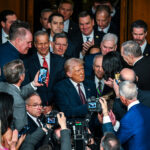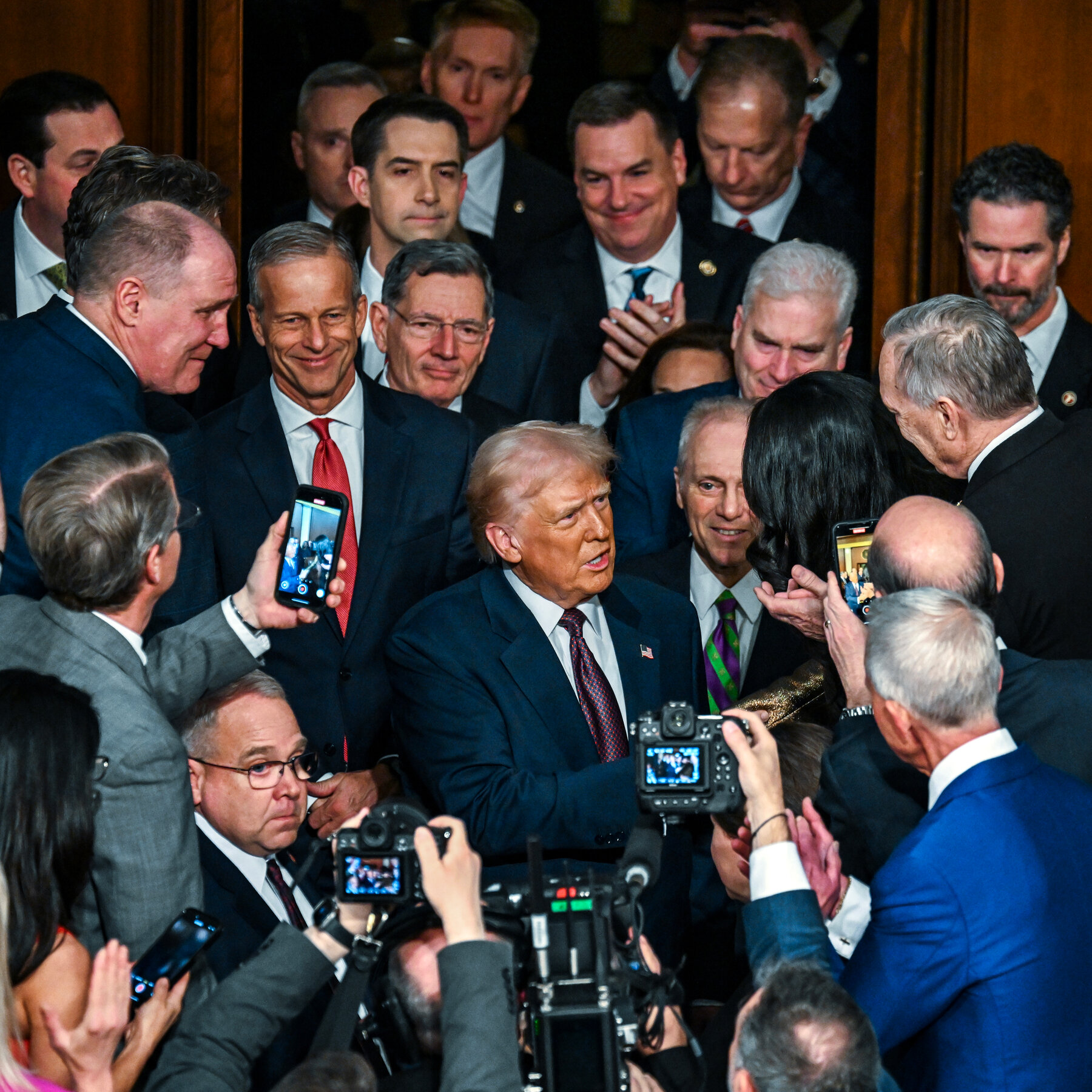Andrew Bailey, Bank of England, Business, Economic policy, Politics, UK news Business | The Guardian
Balance of payments, interest rates, unemployment and inflation determine short-term currency prices, but they are dwarfed by foreign exchange speculationBefore Andrew Bailey, the governor of the Bank of England, spoke to this paper’s economics editor, the pound was the best-performing currency among Group of Ten (G10) wealthy nations. It was just a fraction away from reaching its level on the day of the 2016 Brexit referendum. While financial capital flows primarily determine the pound’s value, Mr Bailey’s suggestion that the Bank might be “a bit more aggressive” in cutting interest rates caused the pound to drop sharply.Those four words have changed the narrative that UK rates would stay put because inflation had not been defeated. Traders thought it would be better to hold pounds than other G10 currencies. Before Mr Bailey’s interview, the Wall Street Journal noted: “Markets suggest that borrowing costs in the UK will be set at 4.3% six months from now. In the US, they are expected to be below 3.5%.”Do you have an opinion on the issues raised in this article? If you would like to submit a response of up to 300 words by email to be considered for publication in our letters section, please click here. Continue reading…
Balance of payments, interest rates, unemployment and inflation determine short-term currency prices, but they are dwarfed by foreign exchange speculation
Before Andrew Bailey, the governor of the Bank of England, spoke to this paper’s economics editor, the pound was the best-performing currency among Group of Ten (G10) wealthy nations. It was just a fraction away from reaching its level on the day of the 2016 Brexit referendum. While financial capital flows primarily determine the pound’s value, Mr Bailey’s suggestion that the Bank might be “a bit more aggressive” in cutting interest rates caused the pound to drop sharply.
Those four words have changed the narrative that UK rates would stay put because inflation had not been defeated. Traders thought it would be better to hold pounds than other G10 currencies. Before Mr Bailey’s interview, the Wall Street Journal noted: “Markets suggest that borrowing costs in the UK will be set at 4.3% six months from now. In the US, they are expected to be below 3.5%.”
Do you have an opinion on the issues raised in this article? If you would like to submit a response of up to 300 words by email to be considered for publication in our letters section, please click here.










